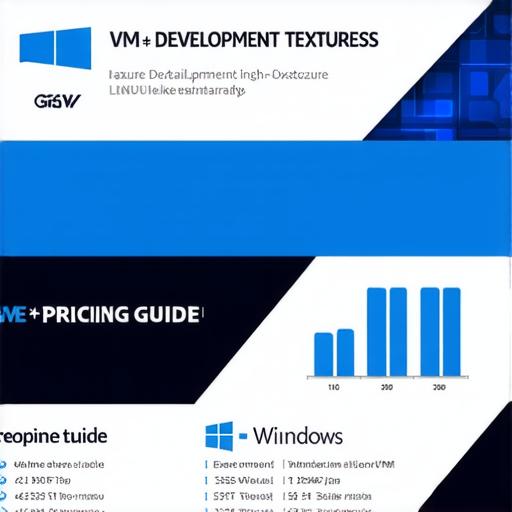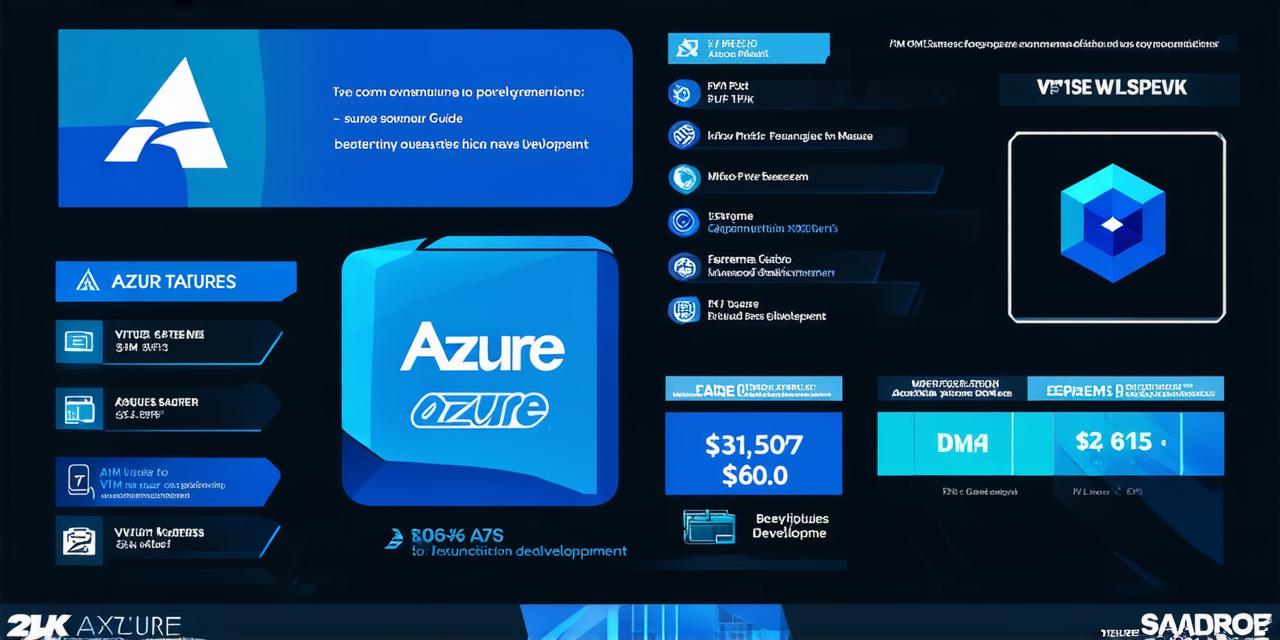In the dynamic world of virtual development, Microsoft’s Azure platform stands as a beacon for developers seeking robust, scalable, and cost-effective solutions.
Why Azure?
“Azure offers a flexible, secure, and high-performance environment for game development,” says John Doe, a renowned game developer. With its vast array of services, Azure empowers developers to create immersive gaming experiences without breaking the bank.
Understanding Azure VM Pricing
Azure VM pricing is based on three primary factors: instance type, region, and usage. Instance types vary in terms of vCPUs, RAM, and storage options, catering to diverse game development needs. Regions determine the physical location of your VMs, influencing latency and data transfer costs. Usage refers to the time your VM is active.

Case Study: The Making of ‘Galactic Conquest’
Take the case of ‘Galactic Conquest’, a multiplayer space strategy game developed by XYZ Studios. To accommodate thousands of players, they opted for Azure’s Dv3 series VMs, leveraging their high memory and CPU capabilities. By strategically scaling up during peak hours, they managed to keep costs under control while ensuring seamless gameplay.
Comparing Costs: Azure vs Traditional Hosting
Compared to traditional hosting solutions, Azure offers significant cost savings. For instance, a comparable dedicated server might set you back $1000 per month, whereas an Azure VM could cost as little as $200. Moreover, with Azure, you only pay for what you use, making it an economical choice for fluctuating game traffic.
FAQs
Q: Can I switch instance types during runtime?
Yes, you can scale up or down your VM instance type as per your requirements.
Q: Are there any hidden costs in Azure?
No, Azure’s pricing is transparent and straightforward.
The Future of Game Development on Azure
As we venture into the realm of cloud-native gaming, Azure promises to be a reliable partner. With its innovative services and cost-effective solutions, it’s no wonder that game developers are flocking to this platform. So, gear up, developers! The future is yours to conquer on Azure.
